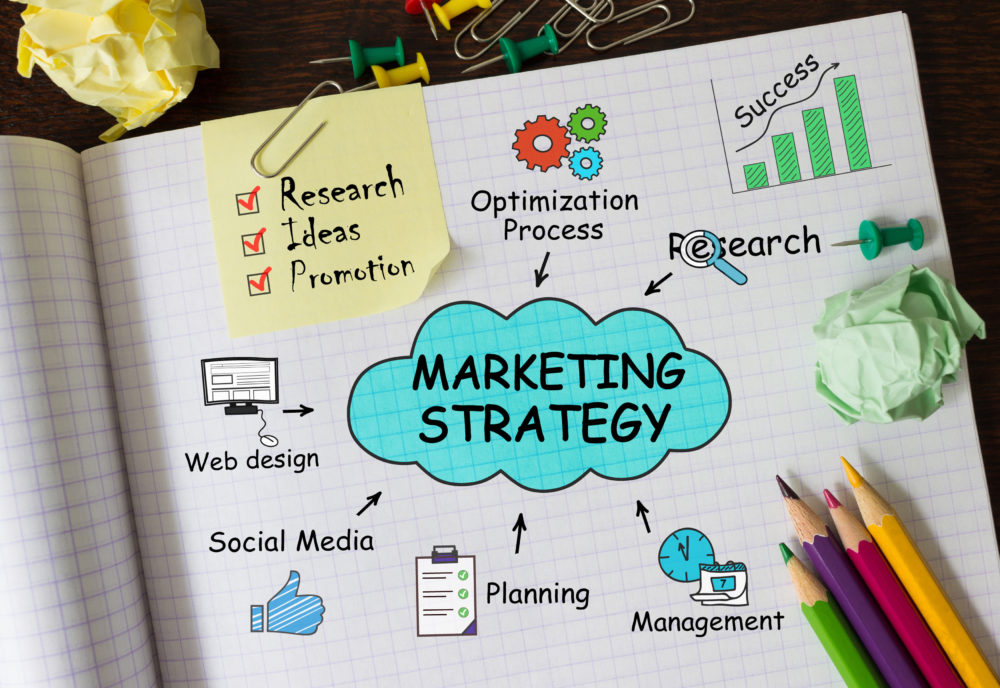As the owner-manager of a new business one of the greatest challenges you’ll face is the age-old problem of developing the business while physically doing the actual work.
One of the most effective ways of developing the business without allowing the production work to suffer, is through networking events that take place in your town or city. With many of these events taking place over breakfast or after the working day has ‘finished’, they can be the perfect way to alleviate some of the pressure in new business development.
Choosing the right event
Of course there are so many to choose from and, once you’ve chosen what appears to be the right event for you, it can be just as difficult to make the most of that time. That being said, there are a few things that you can consider when both choosing the events and also whilst in attendance, that can really help you to make the most of them.
As I mention, the choice of events is usually the most difficult decision; they’re all vying for your time (and some for your money), they all profess to be fantastic events and they all make it very easy to attend. However, before deciding you can always take stock of a few things:
- Where is the event held? Is it at a location where people you’d like to build relationships with are likely to frequent?
- What is the audience? Is it aimed at me or is it aimed at your potential customers?
- What is the subject matter? Is it something that you would like to know more about, something that you’re already well-versed in and where you could add value, or is it something that doesn’t appeal to you but may appeal to your potential customers?
- Who is running the event? Is it an organisation or set of individuals that you’d like to build relationships with regardless of the subject matter of a given event?
One of the key things I try to remember is that it’s not always about the physical event; it’s about the ripples afterwards, it’s about the impact I can have at an event and how I can position myself at that event in order to be remembered for the right reasons.
Conducting yourself at the event
Once you’ve chosen the events that you fancy, the next stage is actually turning up and enjoying the event. A few things that I think really help when heading off to an event are:
- Dress appropriately for your profession not your audience. This is a little counter-intuitive and isn’t right for all situations, but 90 per cent of the time you can dress how you’re ‘expected’ to dress. For example, I work in creative marketing – I turn up in nice jeans and a polo shirt. However, a bank representative may turn up in a sharper suit while a property developer turns up in jeans and plaster covered riggers. It’d look odd if I turned up like that and it would send the wrong message. Don’t feel like you need to turn up in a suit all the time.
- Present your company concisely and fantastically. Don’t start networking unless you have some good business cards and the answer to ‘So what do you do?’ so finely tuned that you wake up reciting it. You’ve got one chance to shine so make sure you blind them.
- Don’t go networking to sell. Practice the above and that’s plenty. Instead listen to people, ask questions and empathise with them. People will naturally feel that they’re talking about themselves and ask you questions too, at which point you can gently ease in how you may be able to help them, but of course you’ll know
- Take a few notes and follow up. This is something that not enough people do. Too many people expect to turn up and generate a sale and, whilst sometimes that does happen, it is rather rare. If appropriate, make notes just after you’ve spoken to someone or rather, collate all the thoughts in your head into action points prior to leaving. I often end up doing this in the car park before I leave! Once this is clear, you can then prioritise the next communication with any given individual and plan what you’ll say to them and when: is it an email two days later or is it taking them for a coffee the week after?
- Build relationships. Networking like this is never a one hit win, you need to put the time in to build relationships with people over a period of time. Remember that even if the people you’re getting to know might never buy from you, they’re a very powerful referral engine and frankly, you wouldn’t recommend someone you barely know would you?
- Don’t add everyone on Twitter and LinkedIn right from day one. There’s nothing more obvious than coming back from an event and getting a slate of new LinkedIn requests or Twitter followers, knowing that actually it’s just another means of someone trying to sell to you.
Effective follow-up
Of course you’d love to connect with them online, but do it in a more value-driven way. Instead, why not recommend content (based on what you’d learned about their interests when you met them) to someone via Twitter without a follow? They will see this and initiate the Twitter following themselves, making the relationship more natural.
Obviously there are no golden rules for this and ultimately it’s what makes you most comfortable whilst actually being effective. As a parting thought: just go have fun.





